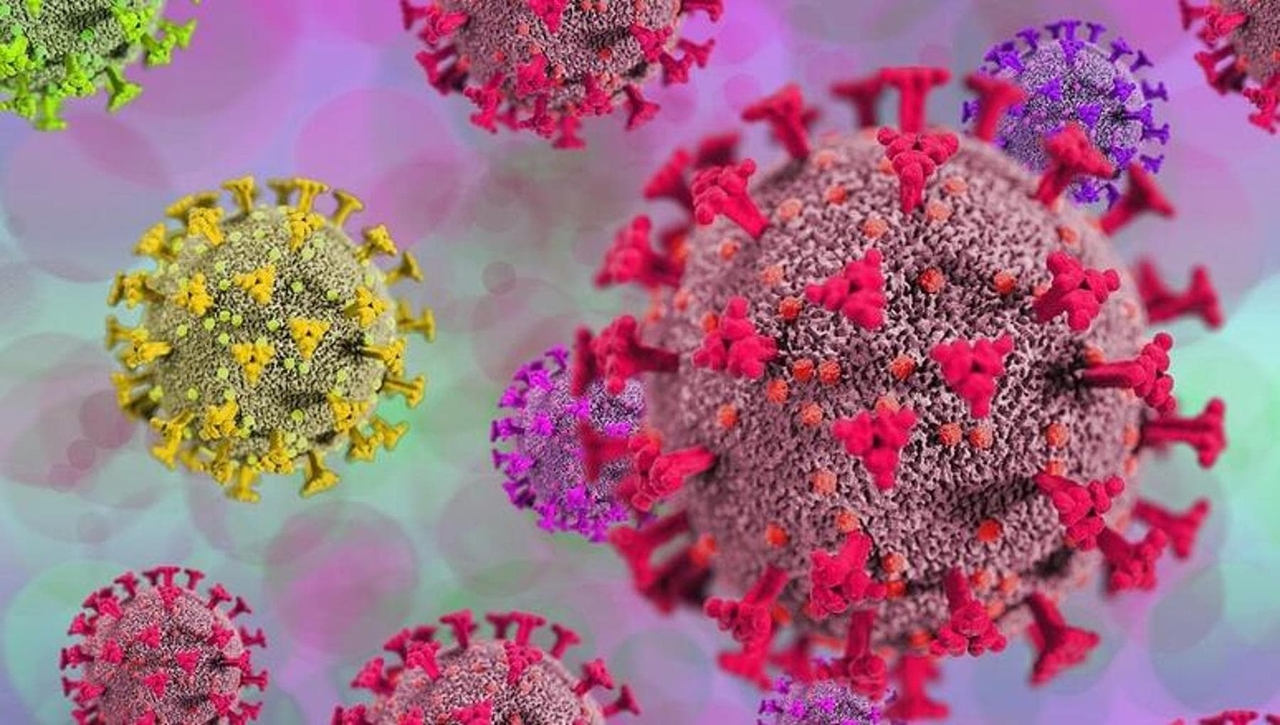Long-Covid and beyond: heart risks and how to prevent heart attacks, strokes, and heart failure.

The SARS-CoV-2 virus, the causative agent of Covid, doesn't just cause respiratory illness. It sometimes attacks the heart. It damages the arteries, increasing the risk of heart attack, stroke, heart failure, and even death from cardiovascular disease. A few figures are enough to understand the magnitude of the situation. Estimates—though there are fears the true number is much higher—suggest that nearly a billion people worldwide have contracted Covid. But above all, studies show that those who have dealt with the virus, particularly those with more complex conditions requiring hospitalization, are at greater risk of heart and blood vessel problems. This, of course, is exacerbated in the case of Long-Covid. And precisely for this reason, special attention must be paid to cardiac health, with targeted rehabilitation programs that mitigate the increased risk in those who sustain the burden of the infection over time.
Experts highlight this in a paper published in the European Journal of Preventive Cardiology , which outlines how to address this growing problem through strategies that include rapid diagnosis, targeted treatment, tailored rehabilitation, and specific vaccination programs. The consensus statement was drafted by a group of experts from across Europe, led by Vassilios Vassiliou of the University of East Anglia and Norfolk and Norwich University Hospital, UK, on behalf of the European Society of Cardiology (ESC).
What to look out forAccording to studies, it is estimated that approximately 100 million people are currently living with Long Covid. Roughly 5% of these, or approximately five million people, are likely to suffer from the cardiovascular repercussions of the infection. So-called cardiac Long Covid, as stated in the ESC statement, presents with symptoms reminiscent of a heart attack, starting with chest pain, as well as arrhythmias, shortness of breath, fatigue, and dizziness. Furthermore, there may also be problems seemingly unrelated to circulation that actually affect it.
Prolonged COVID-19 can also lead to autonomic dysfunction. What does this mean? The nerves that normally control heart rate, breathing, and body temperature malfunction, with obvious repercussions on well-being. In short, what's happening shouldn't be underestimated. Vassiliou himself points this out in the ESC document: "COVID-19 has a profound and long-lasting impact on cardiovascular health, with complications emerging during the acute phase of the disease, during convalescence, and even after reinfections or vaccinations. In the absence of clear, evidence-based guidelines, patients risk harmful treatments, and physicians are faced with uncertainty."
What the document proposes"This European consensus document, the first on the topic, emphasizes three key aspects, especially in light of the ongoing resurgence of SARS-CoV-2 in its various variants," explains Fabrizio D'Ascenzo , Professor of Cardiology at the University of Turin and one of the paper's signatories. "The first is the focus on Long-Covid forms, which, due to their lasting impact on health, must be specifically diagnosed and managed. The second is the focus on vaccination in patients at high risk of heart attacks and strokes, as is already the case with influenza. Finally, it offers very practical and specific advice regarding the type of rehabilitation for these patients, in order to minimize the impact on heart health." In short, it highlights the importance of continuing vaccination programs, especially among at-risk individuals, given that research shows that fully vaccinated people are much less likely to suffer from cardiac complications or Long-Covid, even if they are ill. But above all, it indicates how to diagnose and treat cardiovascular symptoms related to Sars-CoV-2 infection, such as shortness of breath, chest pain, and loss of consciousness with fainting.
Experts say it's crucial to develop programs that provide special attention to those requiring cardiac rehabilitation, including specialized cardiovascular physiotherapy. This can help prevent and better manage any long-term problems related to the infection. This requires equal access to rehabilitation programs for everyone, including those living in rural areas, to mitigate the prolonged impact of Covid-19 on people's lives. "We must ensure patients have equal access to rehabilitation services, support primary prevention through vaccination and lifestyle improvement programs, and fund research into Covid-19 and cardiovascular outcomes," Vassiliou commented. A plea for the control of chronic conditions, in short. Experts have no doubts. If you already have a heart condition, Covid increases the risk of serious complications both immediately and long after infection. "In both cases, rehabilitation can protect the heart and promote recovery," the researcher concludes.
La Repubblica




